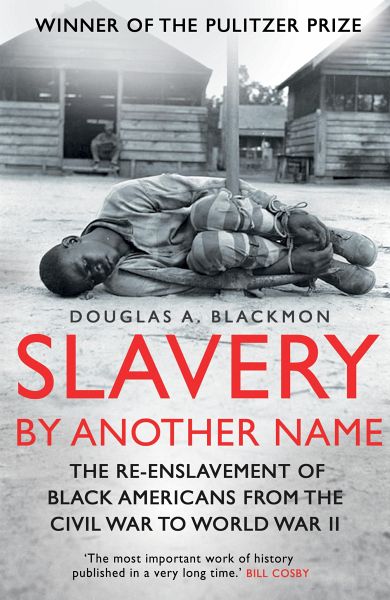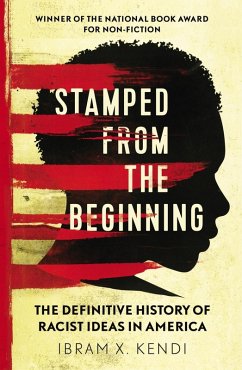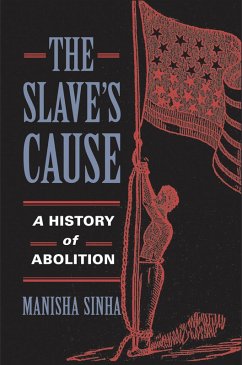
Slavery by Another Name (eBook, ePUB)
The re-enslavement of black americans from the civil war to World War Two
Versandkostenfrei!
Sofort per Download lieferbar
7,99 €
inkl. MwSt.
Weitere Ausgaben:

PAYBACK Punkte
0 °P sammeln!
A Pulitzer Prize-winning history of the mistreatment of black Americans. In this 'precise and eloquent work’ - as described in its Pulitzer Prize citation - Douglas A. Blackmon brings to light one of the most shameful chapters in American history - an 'Age of Neoslavery’ that thrived in the aftermath of the Civil War through the dawn of World War II. Using a vast record of original documents and personal narratives, Blackmon unearths the lost stories of slaves and their descendants who journeyed into freedom after the Emancipation Proclamation and then back into the shadow of invol...
A Pulitzer Prize-winning history of the mistreatment of black Americans. In this 'precise and eloquent work’ - as described in its Pulitzer Prize citation - Douglas A. Blackmon brings to light one of the most shameful chapters in American history - an 'Age of Neoslavery’ that thrived in the aftermath of the Civil War through the dawn of World War II. Using a vast record of original documents and personal narratives, Blackmon unearths the lost stories of slaves and their descendants who journeyed into freedom after the Emancipation Proclamation and then back into the shadow of involuntary servitude thereafter. By turns moving, sobering and shocking, this unprecedented account reveals these stories, the companies that profited the most from neoslavery, and the insidious legacy of racism that reverberates today. 'Urgent, definitive, powerful. The most important work of history published in a very long time.’ Bill Cosby. In "Slavery by Another Name” Douglas A. Blackmon eviscerates one of our schoolchildren’s most basic assumptions: that slavery in America ended with the Civil War. Mr. Blackmon unearths shocking evidence that the practice persisted well into the 20th century.' New York Times.
Dieser Download kann aus rechtlichen Gründen nur mit Rechnungsadresse in A, B, BG, CY, CZ, D, DK, EW, E, FIN, F, GR, H, IRL, I, LT, L, LR, M, NL, PL, P, R, S, SLO, SK ausgeliefert werden.













